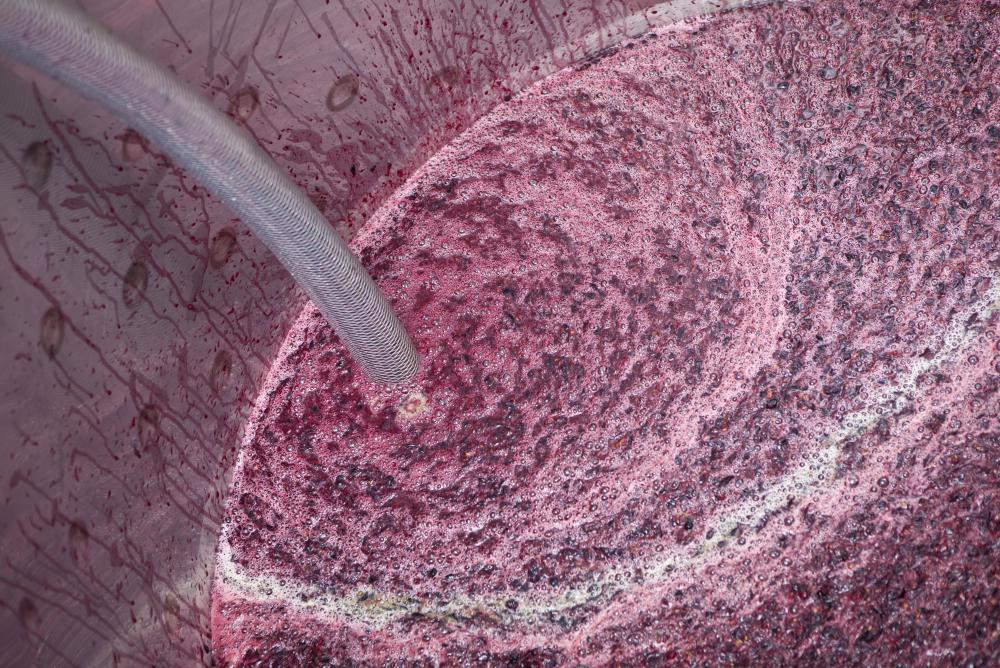At WiseGEEK, we're committed to delivering accurate, trustworthy information. Our expert-authored content is rigorously fact-checked and sourced from credible authorities. Discover how we uphold the highest standards in providing you with reliable knowledge.
What Does a Winemaker Do?
A winemaker oversees and participates in the production of wine. He or she may operate on different levels of production: a home winemaker, for example, may only make small batches of wine and use the wine for personal use only; larger winemakers may produce larger quantities of wine and distribute that wine for sale regionally, nationally, or even worldwide. The process of making wine is complex and time consuming, not to mention exceptionally expensive on larger scales, so winemakers must be well educated in the process and must be able to troubleshoot, problem solve, and test the wine throughout the process.
One of the first responsibilities of the winemaker is to work with a vineyard to monitor the maturation of grapes. The winemaker must then be selective in grape harvests, working with vineyard managers to ensure the plants remain healthy before, during, and after the harvest. Once the grapes have been harvested, the winemaker's responsibilities only grow: he or she must monitor the transport of the grapes when applicable, the crushing or pressing of the grapes, and the fermentation processes. He or she will also be responsible for blending different grapes to achieve the desired flavor of the finished product.

Other processes the winemaker is likely to oversee include the storage process, bottling process, and even the marketing process. The winemaker will need to ensure the quality of the wine is preserved during its maturation, shipping, and even its sale in markets. He or she will also need to test the wine regularly throughout the maturation process and make adjustments accordingly to ensure the best flavor once the wine is ready for consumption. The branding and marketing of the wine may or may not be one of his or her responsibilities, though many smaller, independent operations require the input and effort of the winemaker to build the brand name.

Wineries will often hire winemakers to tend to the winemaking processes, while in other cases, the winemaking operation may be small and independent. Winemakers may work on their own to produce wine, though it is likely the wine in such cases will only be produced in extremely small volumes. Winemaking is an extremely expensive endeavor that requires a significant amount of equipment, storage space, and workers, so it is not especially common for independent winemakers to produce wine without the support of a larger winery or vineyard. Some winemakers can purchase grapes from a vineyard and make wine on a small scale with less of an investment of money, though this is not a common path.
AS FEATURED ON:
AS FEATURED ON:














Discuss this Article
Post your comments